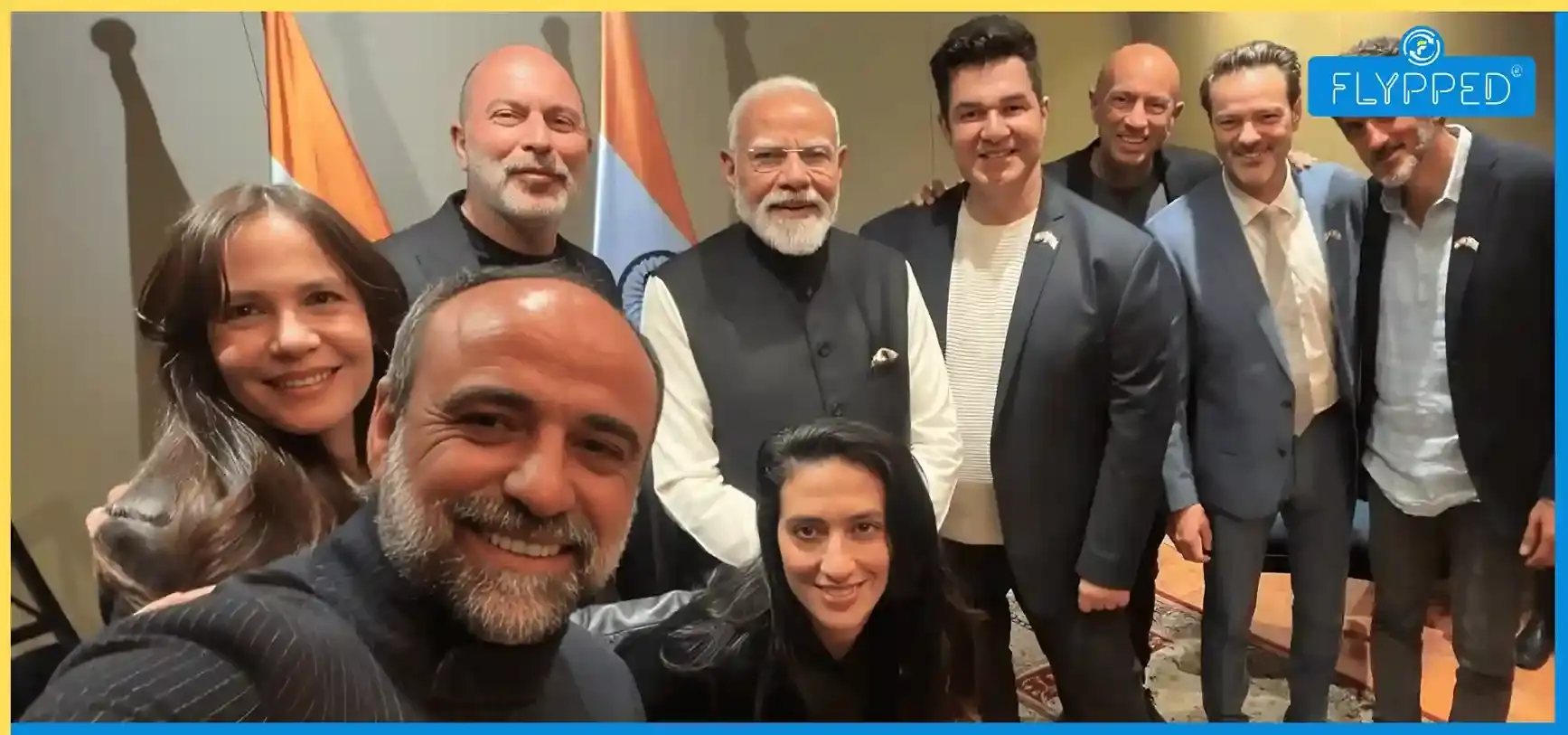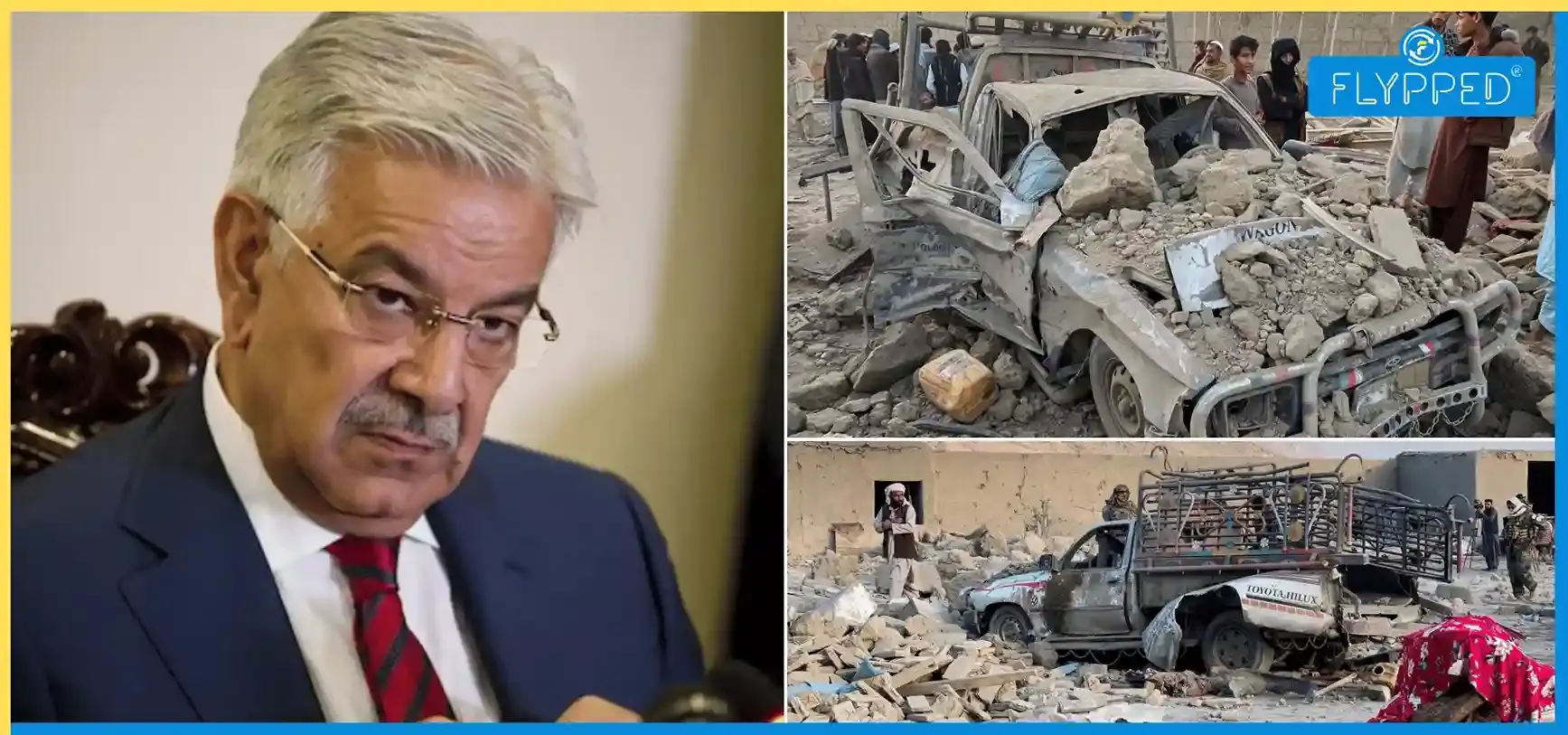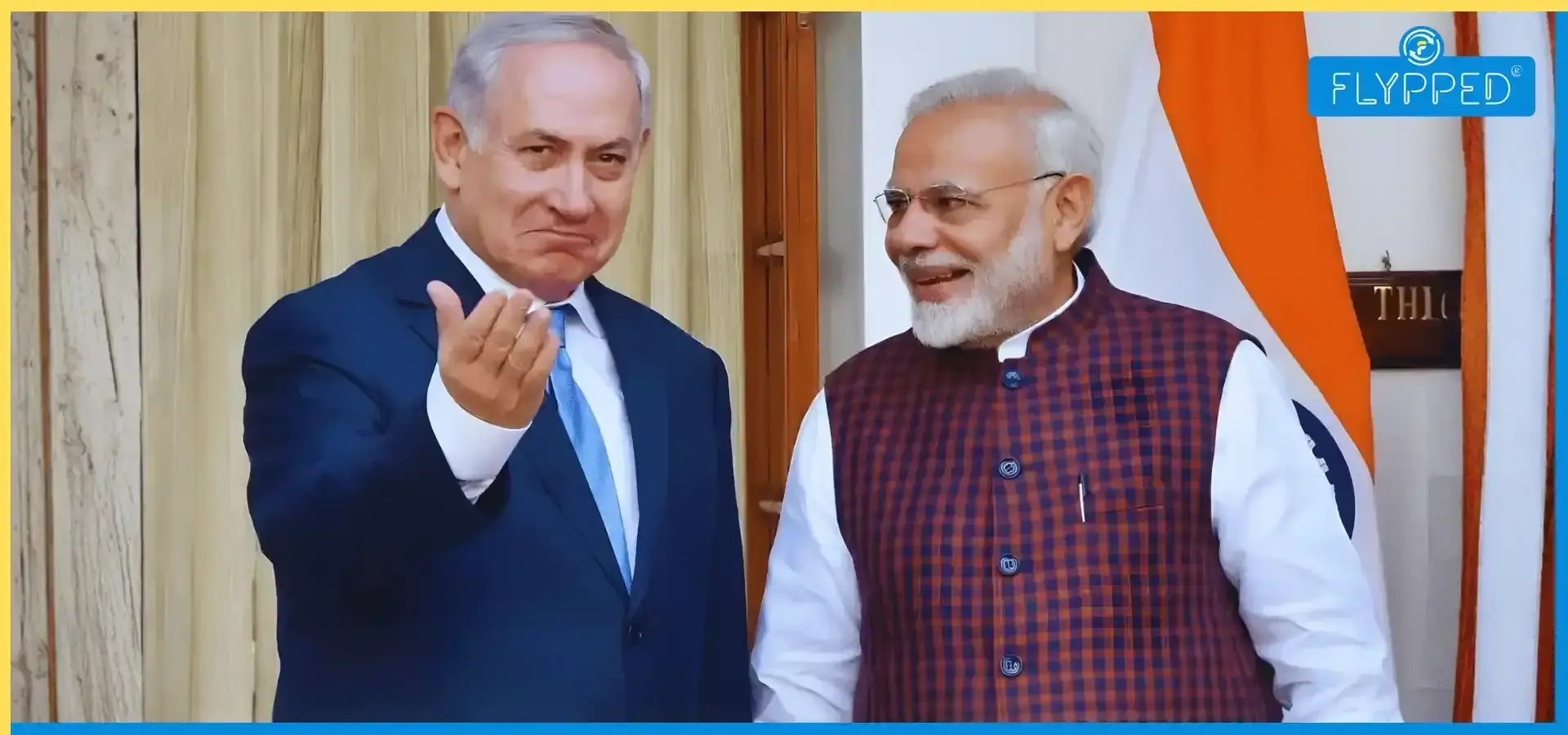Top Canadian officials admit leak about Indian ‘interference’ issue as Amit Shah speaks to US daily.

The relationship between Canada and India, traditionally marked by shared democratic values and vibrant diaspora ties, has hit a challenging phase in recent months. The latest development has brought a diplomatic issue to the forefront, as top Canadian officials admitted that a leak regarding Indian “interference” claims has added strain to already fragile ties. This controversy came to light just as India’s Home Minister, Amit Shah, addressed the issue in a major US daily, signaling how serious both nations view the situation.
This article explores the unfolding story, the key issues at stake, and how the comments from Canadian officials and Amit Shah are shaping public perception and the diplomatic landscape between these two significant global players.
The Leak and Its Fallout
The “interference” claim initially surfaced when Canadian Prime Minister Justin Trudeau hinted at concerns regarding Indian involvement in domestic issues during a tense public statement. While Trudeau did not provide specifics, it was suggested that Canadian intelligence believed there might be a level of foreign influence on Canada’s internal matters, especially around community dynamics and political engagements. Following his statement, there was immediate speculation and curiosity about whether this meant Indian influence specifically and what the potential consequences could be for Indo-Canadian relations.

The situation escalated when top Canadian officials acknowledged that information regarding these interference claims was leaked—possibly without the full backing of the Canadian government or security agencies. This admission has raised questions about the transparency and control within Canada’s intelligence and diplomatic spheres and fueled concerns over the motivations and timing of such disclosures. The leak has undoubtedly complicated an already sensitive issue, straining Canada’s relationship with India and casting doubts on the security of Canada’s information channels.
Amit Shah’s Response: A Diplomatic Balancing Act
India’s Home Minister Amit Shah, one of the most influential figures in Indian politics, addressed the situation in a recent interview with a leading US daily, offering his perspective on the allegations and Canada’s handling of the matter. In his typically direct manner, Shah pointed out that India respects the sovereignty of other nations and has a longstanding policy of non-interference. He emphasized that India’s relationship with Canada has been built on mutual respect and that such interference claims, in his view, do not align with India’s diplomatic principles.

Shah’s remarks appear to be part of India’s broader response to the issue, as the country seeks to distance itself from the allegations while reaffirming its commitment to fair, bilateral relations with Canada. His comments also suggest that India expects Canada to handle such claims with greater discretion and thoroughness, given the close diplomatic and trade ties between the two countries. By speaking to a US outlet, Shah brought the issue to a global audience, showing that India is not taking the interference claims lightly and is working to manage the narrative around the controversy.
A Closer Look at the Accusations
The specifics of the interference allegations remain somewhat murky, as Canadian officials have not released a full account of their findings. However, much of the discourse has centered on the large Indian diaspora in Canada, particularly the active and often politically engaged Sikh community. Canada is home to one of the largest Sikh populations outside of India, and certain factions within this community have been vocal in their support for causes, such as the Khalistan movement, which calls for an independent Sikh homeland. This movement is seen as controversial in India, where it is largely viewed as a separatist effort with potential national security implications.
Canadian intelligence agencies appear to be concerned that Indian officials or operatives could be attempting to influence these groups or leverage diaspora networks to advance certain political objectives. Such fears are not new; many Western countries, including Canada, have raised concerns over foreign influence in their domestic affairs. However, the sensitive nature of the Indo-Canadian relationship, coupled with the socio-political landscape within Canada, makes this issue particularly complex and delicate to navigate.
The Diplomatic Stakes for Canada and India
For Canada, maintaining a positive relationship with India is not only beneficial but necessary. India is a significant trade partner, and both nations collaborate on various fronts, from educational exchanges to technological investments. Additionally, the large Indian community in Canada is an integral part of the nation’s cultural and social fabric, contributing significantly to the economy and public life. However, tensions between domestic interests and international diplomatic goals have occasionally put the Canadian government in a tough spot, particularly on issues related to the Indian diaspora and its diverse political views.
For India, the stakes are also high. Canada is one of the few Western nations with such a substantial Indian-origin population, and maintaining cordial relations with Ottawa is essential for India’s larger diplomatic ambitions. Furthermore, as India seeks a stronger position in global geopolitics, stable ties with countries like Canada help bolster its standing. Any strain in relations could affect both nations’ mutual goals, including trade and cooperation in sectors like technology, agriculture, and education.
Public Reactions and Media Coverage
The interference claims, coupled with Amit Shah’s statement, have stirred public interest and reactions in both countries. In Canada, the media has focused on the implications for national security and the integrity of Canadian intelligence, with some commentators questioning the timing and motivation behind the leaks. There are also discussions about the risks of allowing external influences to shape political narratives within Canada and the importance of safeguarding Canadian interests while remaining open to cultural diversity and inclusivity.
In India, the coverage has been equally intense, with media outlets highlighting Amit Shah’s comments and presenting them as a firm response to the allegations. Indian media has generally portrayed the accusations as baseless and an attempt to disrupt the positive ties between the two countries. Many Indians see Shah’s remarks as a necessary clarification in the face of unproven accusations, reinforcing India’s commitment to non-interference and self-determination.
Moving Forward: What Lies Ahead for Indo-Canadian Relations?
The current controversy surrounding interference claims has created an atmosphere of unease between Canada and India, but it is unlikely to permanently derail their relationship. Both nations have too much to gain from cooperation, and leaders on both sides recognize the importance of a healthy, respectful partnership. The admission of the leak by Canadian officials, combined with Amit Shah’s public response, suggests that both sides are working to address the issue in a way that minimizes long-term damage.
In the short term, there may be some challenges, particularly as both nations reassess their diplomatic protocols and communication channels. Canada, in particular, may need to strengthen its information security to prevent future leaks and ensure that sensitive matters are handled with care. India, on the other hand, will likely continue to emphasize its stance on non-interference and may seek reassurances from Canada about fair treatment of its diaspora community.
As this situation continues to evolve, the international community will be watching closely. The outcome of this controversy could serve as a case study on how two democracies handle allegations of foreign interference, navigate complex diaspora dynamics, and work toward diplomatic resolutions despite disagreements.
Conclusion
The recent tension between Canada and India over interference claims is a reminder of the delicate balance that modern nations must maintain in today’s interconnected world. As top Canadian officials admitted a leak, and Amit Shah addressed the issue, the situation has underscored the importance of clear communication and mutual respect in international relations.
Despite this controversy, Canada and India have much to gain from cooperation, and both nations have shown a willingness to engage in constructive dialogue. With careful handling and a commitment to transparency, they can navigate this challenge and continue building a relationship based on shared values, mutual interests, and respect for each other’s sovereignty.






